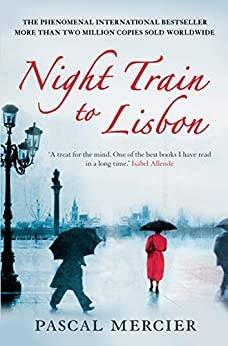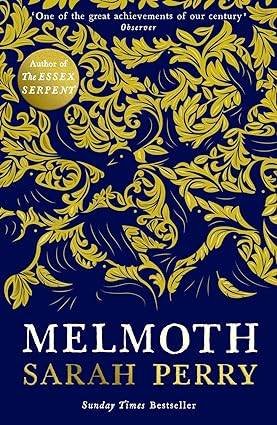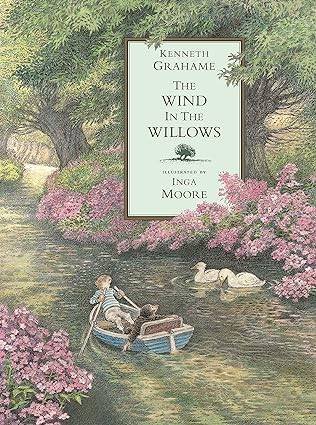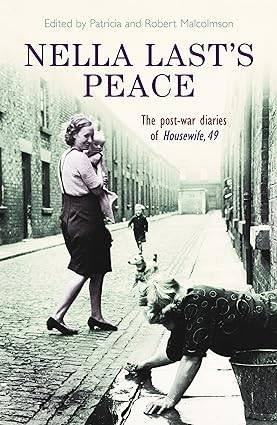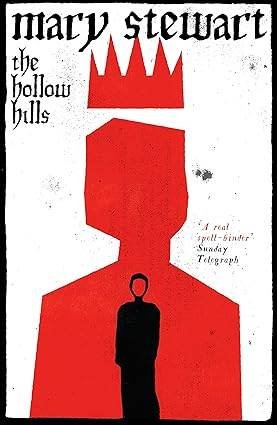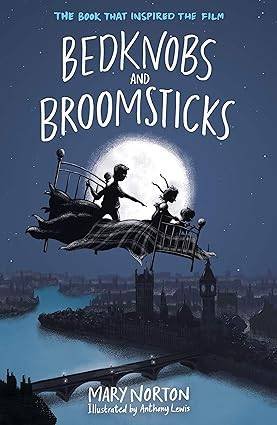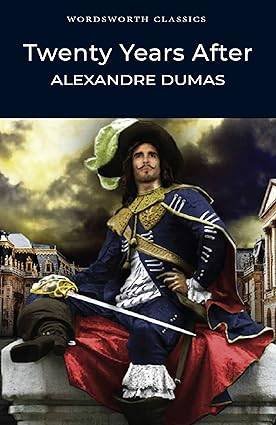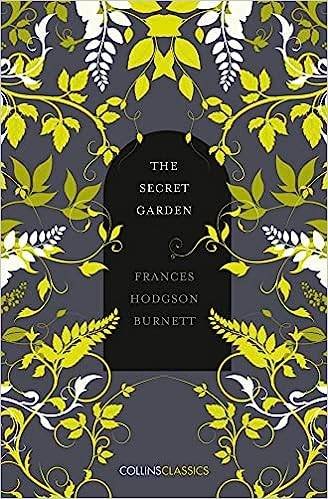Home » Book Reviews » Jo Browning Wroe » A Terrible Kindness by Jo Browning Wroe
Possible spoilers ahead
I found this book a bit of a puzzle, mainly with what the overriding theme of it was. As the book went on, different themes appeared and I kept altering my view of what the book was about. Which in turn, made me admire the book and realise how cleverly it has been written. But it’s quite an unusual book that made me question things and how I might act in the same situation.
At the beginning, I was really struggling to grasp exactly what the book was about. I originally presumed the main theme of the book was the Aberfan disaster, which was extremely beautifully and sensitively written. But as I’m reading it further, I’m beginning to think that was just a small part of the book, and just one part of William’s life. I am thinking that this is perhaps more of an observational book, as in we are observing William and his life and his relationships and decisions and how those decisions affect his relationships and which decisions he regrets.
And I have mixed feelings about the Aberfan disaster being included in the book, as I say it was very sensitively and beautifully written and it prompted me to find out more about this terrible disaster, but at this point in the story it doesn’t seem to have had much consequence in directing the course of William’s life. Perhaps what he experienced there will prompt him, willingly or not, to begin to look back and analyse his life and he will then re-evaluate his decisions and relationships. But I am beginning to wonder if Aberfan has just been used to attract attention for the book, I wonder how many people would have picked it off the shelf without that storyline included. I wouldn’t like to think that but, as I say, it just doesn’t seem to fit into the rest of the book at the moment.
I am finding all this looking back in William’s life a little clunkily done too, we just shoot back to his earlier life without warning, sometimes within a chapter about present time. At the start of the book, the year was stated in the chapter heading but as the book goes on these flashbacks/memories just seem to happen randomly within chapters. And this looking back doesn’t seem to be directed by William, he doesn’t say ‘that reminded me of…’, etc. Perhaps this is meant to signify how William is assailed by memories, with them coming at him thick and fast when he’s not sought them and doesn’t wish to remember them, in which case it is a clever device to do it this way so we can appreciate William’s jolting feelings about having these memories suddenly appear. But I am finding it a little disorientating to read and I have to keep breaking off to go back earlier in the book and re-read bits, but as I say perhaps this disorientation is designed to show us how William feels disorientated, which is then very clever. At this point in the book though, there aren’t many descriptions of how William feels, either about things that happen in the present or about his memories, we just get his reaction to events, or even sometimes just the events are detailed with no hint of how he reacted or felt. I’m struggling to get to know William really, and I can’t decide if I like or dislike him as I don’t feel I’m being given enough insight into his feelings and personality.
The other characters interest me more than William at the moment. Evelyn, William’s mum, and her dislike of her brother-in-law, Robert, is very intriguing. She was married to Paul, who was Robert’s identical twin brother, and Paul died. It is very interesting that she was always sensitive about potentially being left out by Paul and Robert, but then after Paul dies she finds it difficult to see Robert as he looks so much like her husband. I can pity her for this, but I find it hard to see her being so unfriendly to Robert. And I wonder if William handles situations in the way he does because that’s how his mother handles situations, is she damaged and this is displayed in her jealousy of Robert and her insecurities of being left out, and does she then damage William in turn?
I like Robert best of all, and I think I’m enjoying more the parts of the book which deal with him. He seems such a gracious and caring and dignified man, such a wonderful example of how to behave towards others. He is very caring and affectionate towards William and encourages him to contact his mother, and he is so supportive and proud of William. He is so gentle and respectful towards the deceased people he treats in the funeral business, it quite chokes me up how sensitively and thoughtfully he deals with them. And he must obviously grieve very deeply for his identical twin brother but he generously allows Evelyn’s and William’s grief to be the most prominent and suppresses his own grief in the face of theirs, I imagine his loss of a twin must feel like part of himself is missing yet he is so admirably generous and selfless in referring to Paul as William’s father or Evelyn’s husband, never trying to insert his own grief by referring to Paul as his brother. He tries to forgive Evelyn’s unfriendliness and keeps trying to be friendly to her even though she very unjustly knocks him back, and he is amazingly understanding and forgiving with how Evelyn’s grief causes her to be cruel. I found it so touching when he spoke to William about Evelyn, saying ‘I know grief. Your father has been dead six years, and I still think of him every day. I need to do that with a clear conscience and a lightness of spirit. Your father loved your mother. If I hold onto bad feelings towards her, I couldn’t ever think of him without guilt. And I couldn’t bear that. So, when enough time has passed, I’ll hold out my hand to her and I’ll keep doing so’. What a lovely, kind and generous man. And he seems to be caught in the middle with his relationships, between William and Evelyn, and between Evelyn and Howard. He is also brave in his relationship with Howard, and I am interested in how the friendship between Paul and Robert and Howard changed from all of them being best friends to Robert and Howard being lovers. I wonder how that affected Paul and if he felt left out, like Evelyn used to feel left out between Paul and Robert? Or did Robert feel left out when Paul fell in love with Evelyn and did this then bring him and Howard together? I think Robert is fast becoming one of my favourite characters I’ve read for quite a while.
Martin’s generosity and loyalty and bravery and cheerfulness seems similar to Robert’s. I am struggling to understand how William could betray him in the way he did. And how amazingly and generously trusting of Martin to greet William as he does all that time later, and to seemingly hold no grudge for how he hurt him.
I’m wondering now if the main theme of the book is relationships, people feeling left out in relationships, people being caught in the middle between others’ relationships, people hurting people they’re in a relationship with. This last theme particularly applies to William as he has hurt so many people, firstly his friend Martin and he did this terribly, then his mum, then Gloria who tells him he’s a ‘bloody hypocrite’ who has been inflicting pain every day for years and informs him that he thinks he’s a wounded bleeding heart but he’s really a tyrant who hurts everyone who gets close to him. Phew, strong words but they do seem to accurately describe William.
And then as the book nears the end, I am wondering if the main theme is mental health and the need to get help when you are struggling with this. William obviously needs help and is struggling. He blames all his unhappiness on Aberfan, whereas it is clear to Gloria that, although Aberfan hurt him, his issues stem from before that. I can’t decide if William is actually reluctant to seek help, or if he is just unaware of how damaged he is and how much he needs help. He seems to think he is handling his struggles more or less ok, he loves Gloria and has a loving relationship with her, he has a loving relationship with Robert and Howard, and he is successful in his career. He just tries to avoid what he knows will cause him hurt. So it makes me wonder if someone could be in need of help and yet not know it. And that makes me wonder if you personally have to seek help for any unhappiness you may feel, even if you think you are coping fine with life, but that seems a daunting responsibility to absorb. And I also wonder about the responsibility of deciding the best way to try and help someone in need of help, as I’m not sure if Gloria does the right thing in challenging William. Can you urge someone to get help who doesn’t want help or doesn’t realise they need help, or are you better off leaving the relationship so they don’t hurt you? And if the damaged person breaks off the relationship, then how much time do you let pass before making contact with them, do you keep trying as Martin did in writing to William and as Robert did in keeping on being friendly with Evelyn, or do you wait till they’re ready and they contact you? How do you know what is the right thing to do, and be assured you’re doing the right thing and not causing more damage even with the best intention to help? I found all this quite uncomfortable to read as it brought up so many questions about the best way to help someone who needs help, or indeed if we should intervene at all or should wait for the person to recognise they need help and ask for it, and I was very uncertain what the author was leading us to think was the best course.
I did enjoy the book more towards the end, with William beginning to open up and heal, and I was wishing him well and wanting him to succeed and be happy. I’m not really sure quite what made him ‘heal’ though. I guess it was facing things which he thought would be difficult to face and realising they weren’t as huge or as difficult as he’d imagined them to be, like seeing Martin again and not having him angry at him (and lovely of Martin not to be angry, that shows his wonderful generous character), and going back into the chapel and hearing the choir which then brought all the unhappy memories flooding back which he thought would cripple him but they didn’t. Is it just as simple as that though, just face things you think are going to hurt and then see they don’t hurt as much as you think? I’m back again questioning the right action and when to act and if indeed to act at all!
And Aberfan was brought into the story again nicely at the end to show how the villagers have tried to heal and continue with life. And the book was quite emotional at the end, I found myself filling up a few times during the last few chapters.
It’s certainly a thought-provoking book and a clever one in the way it portrayed William’s confusion and his struggle to understand why he acts the way he does, and it is always enjoyable and rewarding to feel stretched in your thinking, particularly regarding trauma and its effects, and the responsibilities of dealing with those effects, although I don’t feel quite sure from this book about the right way to handle this. I particularly enjoyed the characters of Robert and Martin and I think I will remember them for a long time, I found them inspiring and wonderful characters, both beautifully written. I see Jo Browning Wroe has written books for children with a lower reading age, such as Date with Danger, and a book for younger children helping them to understand their emotions called Forest of Feelings. I can’t see that she’s yet written another book for adults, but I am keen for her to do so! I’m interested in reading more about Aberfan too, and having looked at a few books about this subject, I think To Hear the Skylark’s Song by Huw Lewis sounds very interesting so I think I’ll try that.





